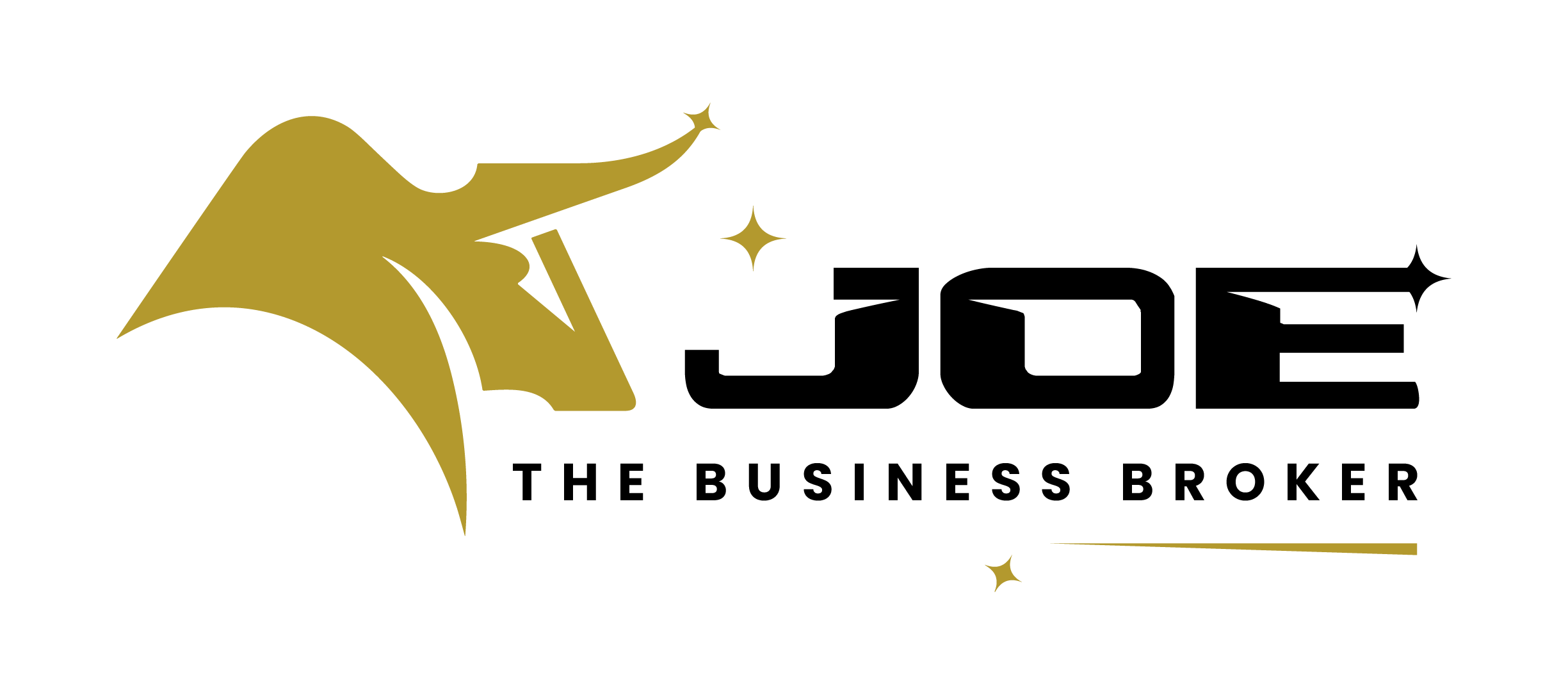As a wealth manager, you know that helping clients achieve their financial goals is your top priority. For many of your self-made small business owner clients, a major goal is selling their business in the next 1-3 years at a profit. This allows them to retire comfortably and make the most of the capital they have built through years of hard work.
That’s where partnering with a business broker can benefit your small business owner clients enormously.
Business brokers help business owners plan, prepare, execute, and maximize the outcomes of a sale of their company. By bringing a business broker into the conversation early, wealth managers can expand the expertise and resources available to best serve small business owner clients.
In this article, we’ll look at some of the key ways business brokers complement wealth managers in assisting business owner clients before, during, and after selling their companies.
Helping Clients Develop An Exit Strategy
One of the most important ways a business broker provides value is by working with owner clients 1-3 years in advance of when they hope to sell to develop an exit strategy.
A comprehensive exit strategy considers the client’s financial objectives, desired timeline, personal preferences, and other individual circumstances. An expert business broker can advise clients on how to maximize the valuation and structure a sale to align with their larger financial goals.
Planning early enables owners to execute strategies to increase profitability, improve operations, and position the business to command the highest price. The sooner owners start planning with a business broker, the better the outcome will typically be.
Preparing a Business for Sale
Once the exit timeline approaches, a business broker transitions to preparing the company for sale. This involves identifying any issues or vulnerabilities that could negatively impact valuation, such as concentrated customer risk, outdated technology systems, or inadequate financial record keeping.
The broker will work closely with the owner to address these red flags to help create the most attractive profile of the business for potential buyers. They will also develop a marketing plan to reach the most likely buyers through the optimal channels.
And they will provide guidance on negotiating leverage, considerations, and range of possible deal terms so owners enter discussions informed and prepared. Thorough preparation executed by a skilled business broker results in ideal negotiating scenarios for sellers.
Navigating the Complexities of a Successful Sale
When it comes time to take a business to market, an experienced broker is invaluable in navigating the legal, financial, operational, and contractual complexities involved in selling a company.
They handle pitching to investors and buyers, running due diligence, structuring the terms of deals, facilitating financing, reviewing regulatory issues, and ultimately closing transactions. At every step, the broker represents the seller’s best interests and works tirelessly to maximize the sale price and favorable conditions for the client.
An adept broker intimately understands the intricacies of M&A deals and sale processes. They relieve the owner of having to directly handle these complexities themselves and guide them to the best possible outcome.
Complementing the Wealth Management Team
In addition to a business broker’s direct services, they can also help wealth managers assemble a comprehensive team of collaborating professionals to provide full support to a small business owner client.
For example, a business broker can refer an estate planning attorney to help clients update their trusts and wills to reflect the impacts of selling their business. They can also connect clients with a savvy tax advisor to develop a strategy for minimizing liability when a sale occurs.
The business broker fills the crucial niche of handling the sale itself. Wealth managers, financial advisors, tax experts, and attorneys can then focus on their specialties of investing proceeds, shielding taxes, and updating legacy plans.
By bringing together a diverse team of experts, with the business broker Quarterbacking the sale process itself, wealth managers can ensure small business owner clients achieve all their financial and personal goals when selling their companies.
The Takeaway
For wealth managers with clients who are self-made business owners planning to sell in the next 1-3 years, partnering with a business brokerage firm or advisor can be a game changer.
Business brokers can guide owners through developing an exit strategy, preparing their business for sale, navigating transaction complexities, and complementing the client’s existing professional team. This allows wealth managers to focus on the aspects directly relating to their core strengths like investing, legacy planning, and tax strategy.
The result is business owner clients receiving comprehensive counsel before, during, and after one of the most impactful financial transactions of their lives – the profitable sale of the enterprise they built.
Contact Information:
Email: Joe@Joethebusinessbroker.com
Phone: 732-915-6058 (mobile)
Book a call: https://calendly.com/joethebusinessbroker
Website: www.joethebusinessbroker.com




